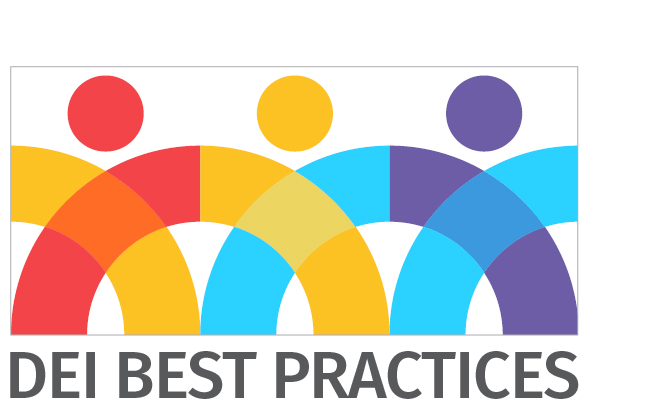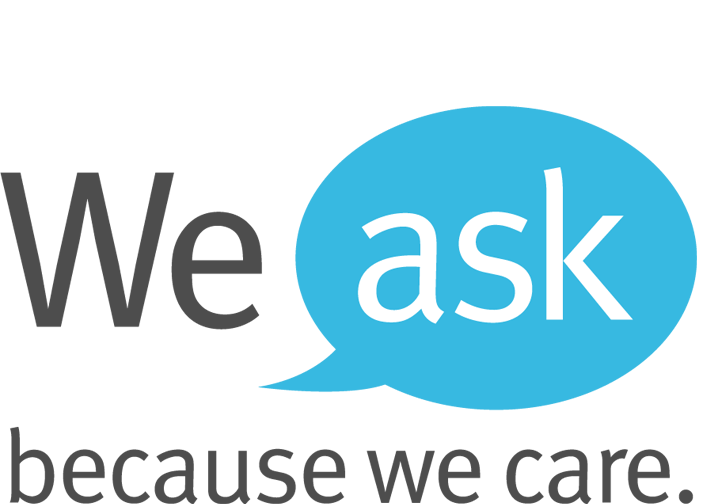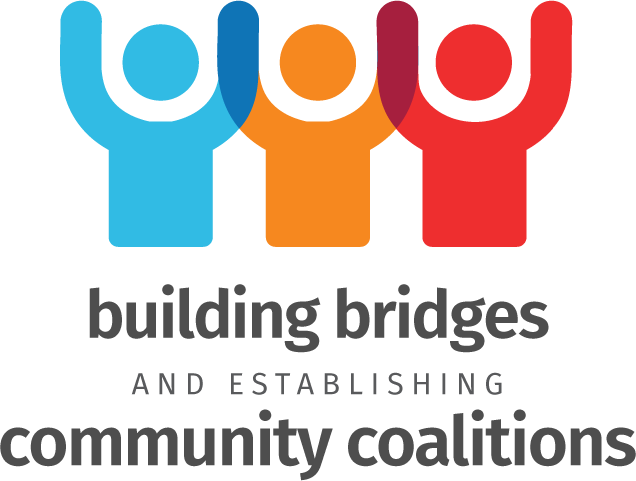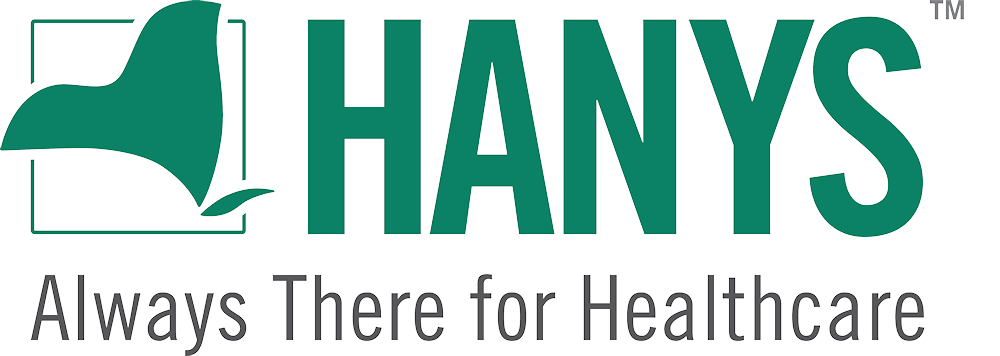Virtual Learning
2024 virtual learning series
The AHEI virtual learning series continues this year with a wide array of subjects. Topics include how to meet CMS health equity requirements, capturing REaL, SOGI and SDoH data, using data to identify disparities and many more. See details on each webinar below. Register once to sign up for all AHEI webinars this year, including both the spring series and the virtual showcase.
Spring sessions will be 11a.m. to noon. Session details below:
- April 2 | Health equity regulatory requirements
This session will share CMS health equity regulatory requirements and discuss how to achieve them.
Speaker: Michelle Schreiber, MD, Director, Quality Measurement & Value-Based Incentives Group, Centers for Medicare & Medicaid Services.
Recording | Slides - April 9 | We Ask Because We Care
Learn how to use the We Ask Because We Care framework to collect patient demographic data with accuracy and respect.
Speaker: Julia Iyasere, MD, Executive Director, Dalio Center for Health Justice, NYP.
Recording | Slides - April 16 | SOGI data best practices
Learn best practices for collecting and using SOGI data to identify disparities.
Speaker: Barbara Warren, Senior Director of LGBT Programs and Services, MSHS.
Recording | Slides - April 23 | Collecting and reporting SDoH data
This session discusses best practices and troubleshooting tips for collecting and reporting social determinants of health data.
Speaker: Lyndsey Allen, MSN, RN, Director of Quality, LCHS. - April 30 | Establishing referral processes with SDoH data
This session discusses best practices in developing a robust referral network and leveraging social determinants of health data to connect patients with community resources.
Speaker: Naa Djama Attoh-Okine, MPH, Director, Health Equity Initiatives, JHMC. - May 7 | Using data to identify disparities (1/2)
First of two sessions on best practices for disaggregating and analyzing data to identify disparities.
Speaker: Julia Iyasere, MD, Executive Director, Dalio Center for Health Justice, NYP. - May 14 | Using data to identify disparities (2/2)
Second session on best practices for disaggregating and analyzing data to identify disparities.
Speaker: Julia Iyasere, MD, Executive Director, Dalio Center for Health Justice, NYP. - May 21 | Community partnerships
Learn how to build hospital-community partnerships.
Speaker: Theresa Green, PhD, MBA, Dir. Community Health Education & Policy, URMC. - May 28 | Patient and family engagement
Learn best practices for engaging patients and families in their care.
Speakers: Jackie Beckerman, Chief Patient Experience Officer and Senior Director ICARE Commitment, URMC ; Alvin Lin, VP of Ambulatory Transformation, SBH Health System.
Virtual showcase
Our virtual showcase explores how AHEI hospitals are addressing disparities through targeted health equity work. Attendees learn how their peers are advancing health equity and how to apply these strategies to their own work.
This is a two-day event taking place on Dec. 3 and 5 from 9a.m to noon.
2023 webinars
Virtual showcase
Our virtual showcase explores how AHEI hospitals are addressing disparities through targeted health equity work. Presenters highlight the work they have done throughout the year to improve the collection of patient demographic data, implement DEI best practices, build or strengthen community relationships and identify and address disparities. Attendees learn how their peers are advancing health equity and how to apply these strategies to their own work.
Dec. 5 | Community Partnerships | Recording
- Food as Medicine in Primary Care – Nuvance Health
- Improving and Expanding Food Pantry Services – University of Rochester Medical Center
- Nutrition Education in the Teaching Kitchen – SBH Health System
- Boxing as Community Violence Prevention – SBH Health System
- VETO Violence Prevention Program – Jamaica Hospital Medical Center
- LGBTQIA+ Mental Health Center – Maimonides Medical Center
- Addressing Social Isolation in Older Adults – Bassett Healthcare Network
Dec. 7 | Data Improvement and DEI | Recording
- Using Data to Identify Patients in Need of Follow-Up for Hypertension in Emergency Department – Albany Med Health System
- REaL Data Training – Jamaica Hospital Medical Center
- Improving REaL Data Accuracy – BronxCare Health System
- Hospital-Based Doula Program – St. Peter’s Health Partners
- Spinning Babies – St. Joseph’s Health Syracuse
- Expanding DEI Programming – St. Lawrence Health
- Health Literacy Training – University of Vermont Health Network
- Health Literacy Staff Assessment: Focus on Discharge and Use of Teach-back – Lewis County Health System

DEI best practices
This four-part series explores how to implement best practices in diversity, equity and inclusion using a quality improvement framework. Participants will learn practical steps to help hospitals and health systems evaluate, set measurable goals and track improvement. Attendees will learn strategies for integrating DEI into the organization’s culture, fostering accountability and measuring impact.
Session details
- May 24, noon – 1 p.m. | Leading with equity
Recording | Slides - May 31, noon – 1 p.m. | Practical tools to advance diversity, equity and inclusion
Recording | Slides - June 7, noon – 1 p.m. | Measuring the impact of DEI work
Recording | Slides - June 14, noon – 1 p.m. | LGBTQ+ best practices Recording | Slides
Faculty
Pamela Y. Abner, MPA, CPXP
Adjunct Professor, Columbia University Mailman School of Public Health
Vice President and Chief Diversity Operations Officer, Mount Sinai Health System
Shana Dacon-Pereira, MPH, MBA, CPXP
Assistant Vice President, Corporate Health System Affairs, Office for Diversity and Inclusion, Mount Sinai Health System
Barbara Warren, PsyD, CPXP
Senior Director, LGBT Programs and Policies, Office for Diversity and Inclusion, Mount Sinai Health System
Assistant Professor, Medical Education, Icahn School of Medicine at Mount Sinai

We Ask Because We Care
This four-part series provides the fundamentals of the nationally recognized We Ask Because We Care campaign. WABWC improves the accuracy and completion of patient demographic data collection while cultivating community understanding of how hospitals use race, ethnicity, language, sexual orientation, gender identity and social determinants of health data to inform patient care and improve health outcomes. Sessions will highlight how implementing WABWC deepens hospital and health system teams’ understanding of systemic inequities, expand cultural awareness and engage with local communities to learn how to best serve them.
Session details
- April 3, noon – 1 p.m. | Race, ethnicity and language data: Stakeholder engagement
Recording | Slides - April 10, noon – 1 p.m. | Race, ethnicity and language data: Measurement and monitoring
Recording | Slides - April 17, noon – 1:30 p.m. | Sexual orientation and gender identity data
Recording | Slides - April 24, noon – 1 p.m. | Social determinants of health data
Recording | Slides
Faculty
Julia E. Iyasere, MD, MBA
Executive Director, Dalio Center for Health Justice,
Senior Vice President For Health Justice and Equity, NewYork Presbyterian
Assistant Professor, Medicine, Columbia University Irving Medical Center
Barbara Warren, PsyD, CPXP
Senior Director, LGBT Programs and Policies, Office for Diversity and Inclusion, Mount Sinai Health System
Assistant Professor, Medical Education, Icahn School of Medicine at Mount Sinai
2022 webinars
Virtual Showcase
Thursday, Dec. 8 | 9 a.m. – noon
Agenda |
Recording
Presentation slides
- AHEI Slides
- Downstate introduction
- Bronx Care hospital
- St. John's Episcopal
- St. Barnabas Hospital
- North Country Introduction
- St. Lawrence Health
- The University of Vermont Health Network
- Mohawk Hudson Valley Introduction
- St Peter's Health Partners
- Mohawk Valley Health System
The virtual showcase is open to all HANYS members and mandatory for program participants.
The virtual showcase is a valuable opportunity to share successes and learn from peers. Participating hospitals and health systems will highlight the work they have done throughout the year to improve the collection of patient demographic data, build or strengthen community relationships and identify and address healthcare disparities.

We Ask Because We Care
This six-part webinar series, led by faculty member Julia E. Iyasere, MD, MBA, executive director, Dalio Center for Health Justice, NewYork-Presbyterian, will provide the fundamentals of the nationally recognized We Ask Because We Care campaign. We Ask Because We Care is designed to improve the accuracy and completion of patient demographic data collection while cultivating community understanding of how hospitals use race, ethnicity, language and/or social determinants of health data to inform patient care and improve health outcomes. Sessions will highlight how hospitals and health system teams who implement We Ask Because We Care will deepen their understanding of systemic inequities, expand cultural awareness and engage with local communities to learn how best to serve them.
Webinars will be held Wednesdays, noon – 12:30 p.m., on the following dates:
- June 8 - Building the foundation for equitable care: We Ask Because We Care basics
Recording | Slides - June 22 - Data collection process and structure
Recording | Slides - June 29 - Standardized staff education
Recording | Slides - July 6 - Direct patient communication
Recording | Slides - July 13 - Measurement and monitoring
Recording | Slides - July 20 - We Ask Because We Care – office hours
Recording -
July 27 - How 3 hospitals used patient demographic data to address disparities.
Recording

Building Bridges and Establishing Community Coalitions
This three-part webinar series will be led by faculty member Theresa Green, PhD, MBA, director, community health policy and education, University of Rochester Medical Center, Center for Community Health. Dr. Green will explain how hospitals can build and strengthen relationships with local leaders from various fields and sectors and develop community-based coalitions to identify priorities and address health equity issues.
Webinars will be held Fridays, 10 – 11 a.m., on the following dates:
